Intercultural Crosstalk
About Work and Holidays -Workplace- From a Indonesian, Chinese and Peru Perspective
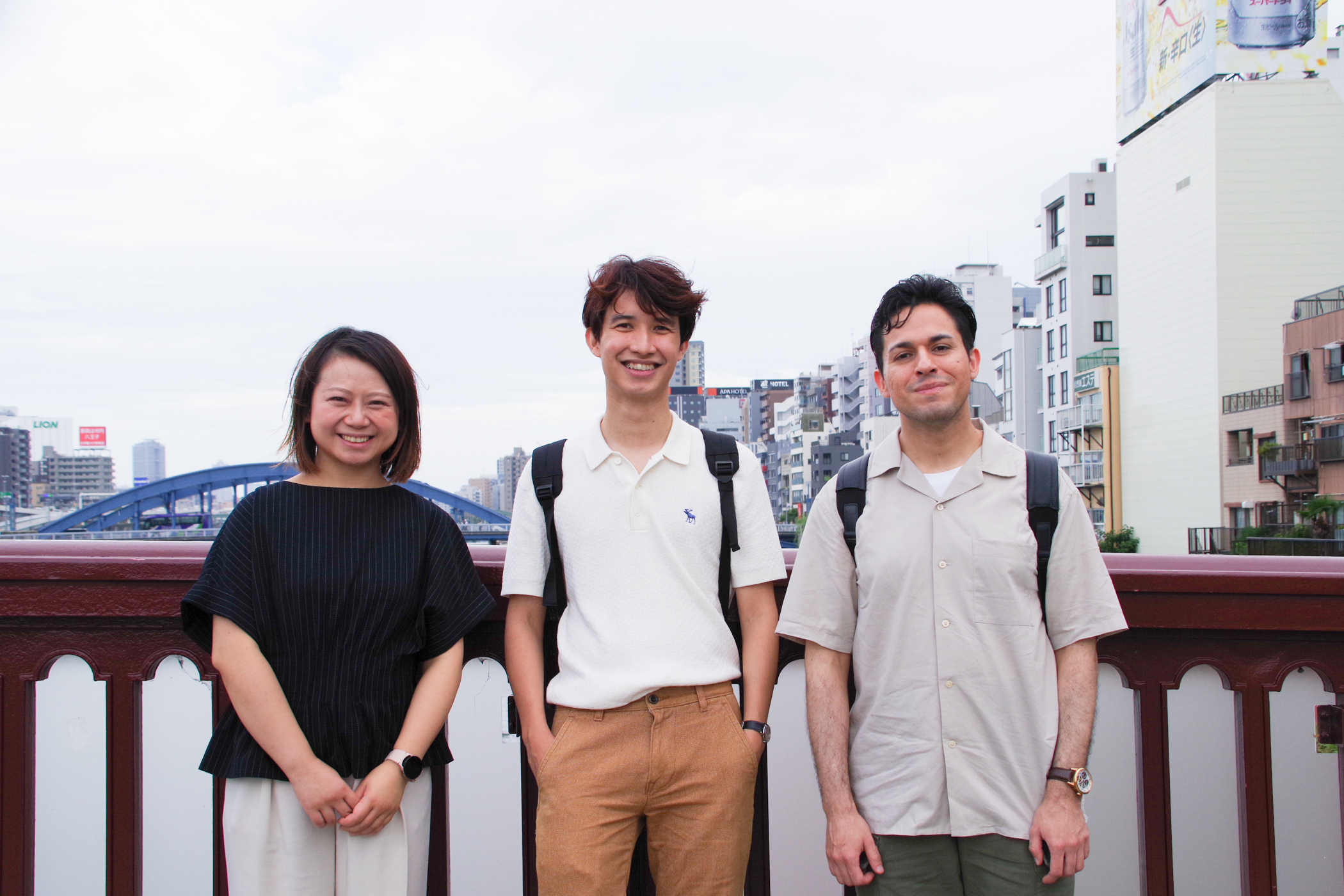
See their profiles here
Click for "1st Round" Here2nd Round: About Workplace
In this second session of our three-part series on work and holidays, we talked about the workplace. The topics of discussion expanded rapidly, including what surprised them when they started working, how they spend their lunch breaks, overtime work, benefits, and side jobs. You will also see the differences between each country and Japan.
What Surprised You After Starting to Work in Japan?
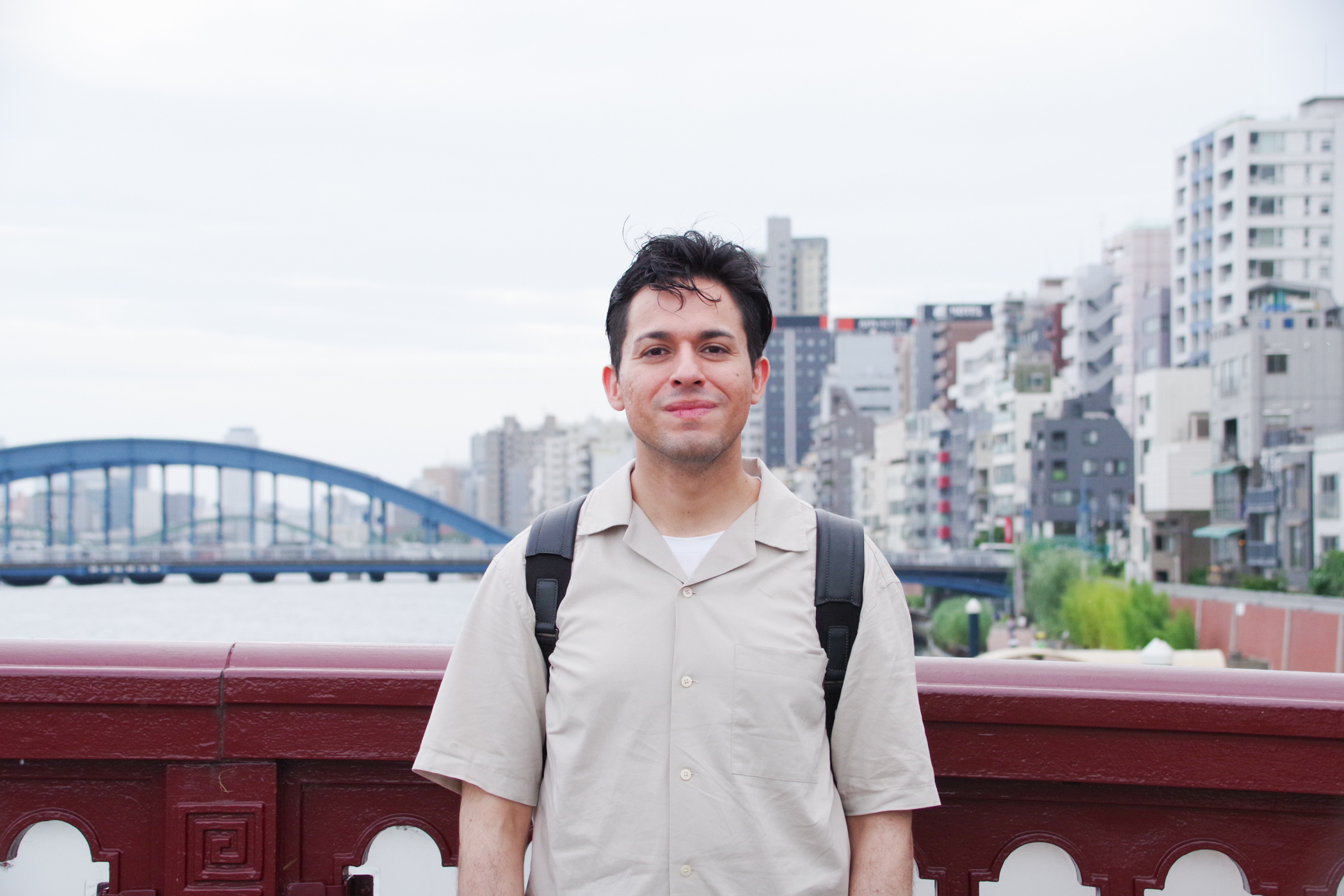
The first time I worked as a working adult was near the Kamo-gawa River in Kyoto. I was surprised to think that working people only look at the walls while they work, even though there is a beautiful view spread out right next to them. Also, in Indonesia and Malaysia, where I studied abroad, if you get sick and have a doctor's note, you don't have to use your paid holidays. I was surprised that in Japan, that is not allowed, and if you get sick, you have to use your paid holidays to take a day off, and if you don't have a paid holiday, you are absent.
In Japan, the break time is fixed at one hour, but in Peru it is much more relaxed. If you can finish the day's work on time, you can take a long break. For example, we sometimes go out to eat together and take a break for an hour and a half.
One thing that really surprised me when I first joined the company was that the members who ate lunch together were tacitly agreed upon. For new hires, that joined the company around the same time or were of similar age, the place was somehow decided, and we ate there every day. I wondered why we had to eat together every day just because we joined the company around the same time. It was a great culture shock at the time.
That kind of thing does happen.
There is one more thing that surprised me about breaks. In Japan, if you are to arrive at work at 10:00 a.m., you are considered tardy if you arrive even one minute late. I don't smoke, but it is allowed for a smoker to go to the smoking area several times a day. I wonder why (*).
(*This has been a newspaper article in Japan as well)
I was also surprised to learn that they use trains to get to work. In Peru we drive or take a taxicab, and it is common to take a cab for an hour to get to work. Cabs are not expensive there.
Are there motorcycle cab services in Peru?
Yes, there are. Away from the city center, I think motorcycle cabs are much cheaper.
In China, I think people take motorcycle cabs, take a cab because they are tired, or get a ride in their family's car, or any other way they want to commute to work each day. In Japan, that is not possible, and the rules are firmly set. I think this is because there are reasons, including workers' compensation for injuries, but I feel that everyone, including myself, is running every day within a predetermined frame of reference.
About Working Hours and Lunch Breaks
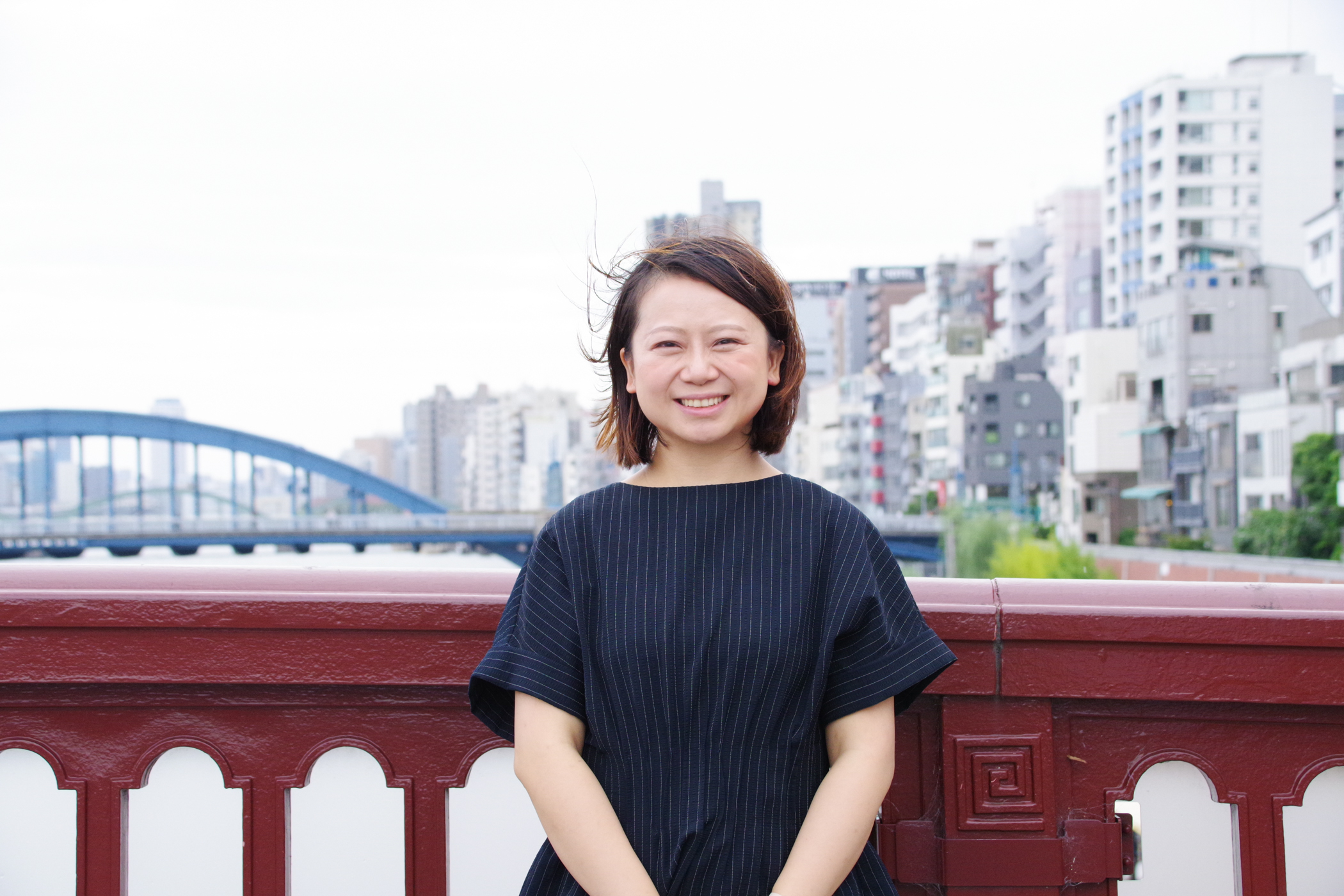
Right now I work a flexible schedule, 9:15 a.m. to 5:30 p.m. with a 1 hour lunch break. I work some overtime. In China, I start earlier than in Japan, around 8:00 a.m., and I have a long lunch break of about 2 hours. After eating lunch, we take a nap. Finishing time is about the same as in Japan, around 5:30 or 6:00 p.m.
I believe the workday is 8 hours worldwide, but in Peru, lunch breaks are an hour and a half to 2 or 3 hours in some places. Since Peru is not a very safe country, parents take their children to and from school. Children do not go home alone. Parents pick up their children from school during lunch break, eat lunch together, and return to work. Depending on the company and the type of work, they may go to work on Saturdays and work half days if they haven't finish their own work quota.
The company I work for now is in IT and starts at 10:00 a.m., but since I have flexible hours, I can start work at 8:00 a.m. and just work the same amount of hours to finish at an earlier time. Indonesia also has fixed basic working hours, but it is okay if the lunch break extends from one to two hours, and people with children can pick them up from school and bring them to the office while they are working. People who commute by motorcycle can say, "It's going to rain, so let me go home a little early," and everyone forgives them and sends them off with a smile, saying "Hurry home".
Overseas, I think it is often handled on a case-by-case basis, but in Japan, where everyone works the same way, it may be difficult because if there is a risk of problems arising from a case-by-case approach, they probably want to avoid it.
Maybe it is situations like, if we allow this to happen, we have to allow these other things to happen, etc.
Q. What do you usually have for lunch?
I often cook for myself. Sometimes I eat a lot in the morning and have a light meal for lunch because I get sleepy if I eat too much at lunch. When I want to relax and talk with my boss or coworkers, I sometimes invite them out to have lunch.
I usually eat the same thing on a rotating basis. The company has a cafeteria, but it is crowded and there are many other options for lunch, so I don't use it very often.
Since I work from home, I often eat what I have at home. Sometimes I go out to eat...but even a 1,000 yen lunch seems a bit expensive when I eat outside since I work remotely. I don't mind it so much when I am at work though. (Rizky laughs)
Do You Have Overtime or Side Jobs?
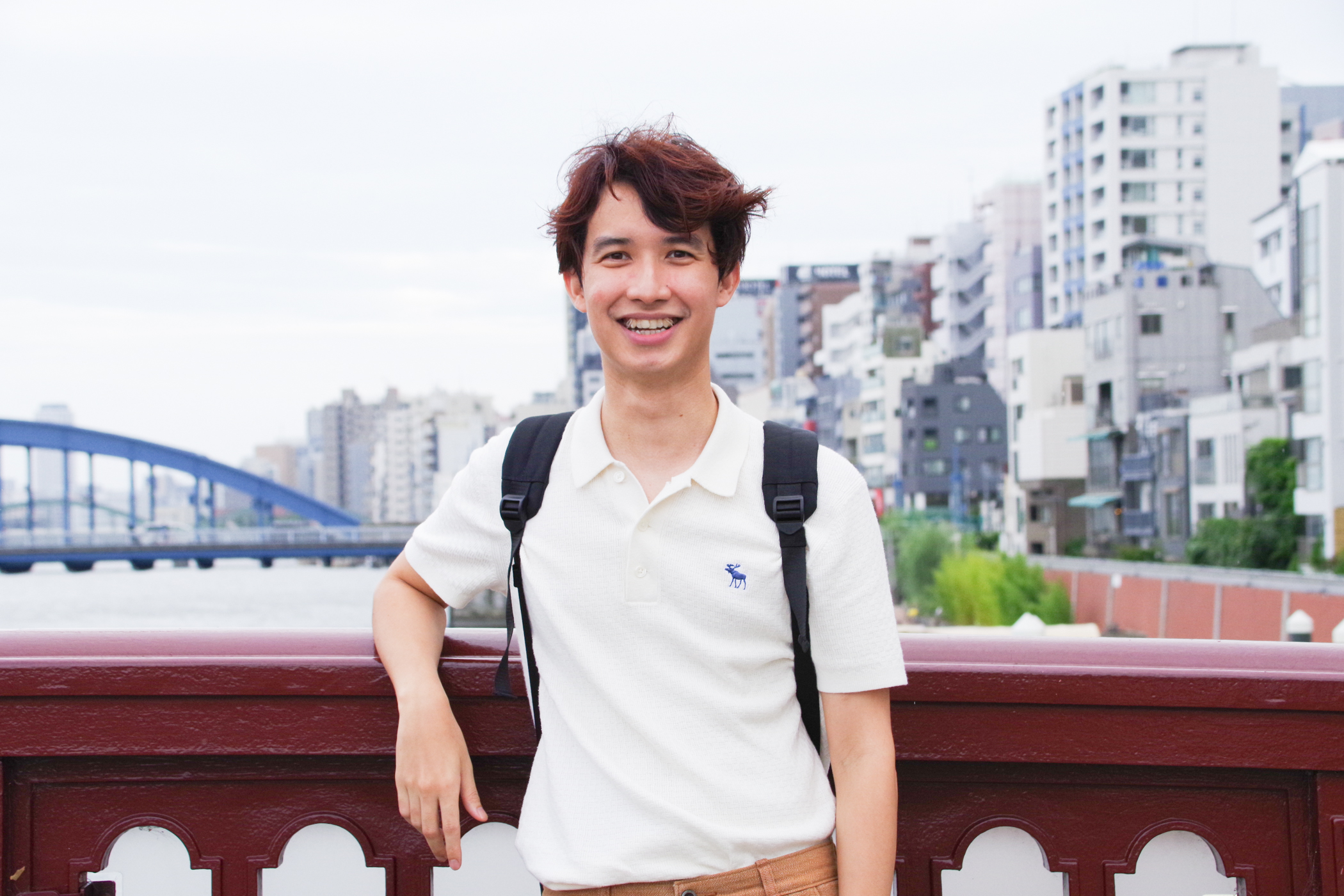
I think I joined the company at a time when things were beginning to change from the old Japanese culture, where people who worked overtime were the ones who worked harder. Nowadays, we are trained in the company on a daily basis to never exceed dozens of hours of overtime work. We are told that we should register the overtime properly or that those who work a lot of overtime should improve their work. I think there is a widespread belief that overtime work is basically not a good idea.
I would prefer no overtime if possible. There was no overtime at the time of COVID-19, but it looks like there will be overtime in the future.
At my previous design firm, overtime was the norm. I never felt like I was working overtime, just that the work was not done. Now that I work for an IT company, I rarely have to work overtime.
I think the overtime depends on the type of business. There are two popular words in China: 996 and 007. 996 means working from 9:00 a.m. to 9:00 p.m. 6 days a week. 007 is the ultimate, working 7 days a week from midnight to midnight, which means working forever. It seems to be referred to in well-known IT companies.
Q. What about side jobs in your company or country?
My company doesn't allow side jobs, so I think we are in a wait-and-see situation these days. I have never heard of a ban on side jobs in China. Rather, there is an idea that you can work more happily if you have a side job. Of course, I don't think that the company encourages people to have a second job.
In Peru, I think people who do not have enough money to live on until the end of the month have quite a few side jobs. Sometimes they receive cash, so I think they earn more than what is shown on their monthly income.
I know there are some companies that do not allow side jobs, but in Indonesia, public servants also have side jobs. Because their salaries are very low, many of them need to have a side job to make ends meet. Some people that like fashion make necklaces by hand and sell them on Instagram.
About Business Etiquette and Welfare Benefits
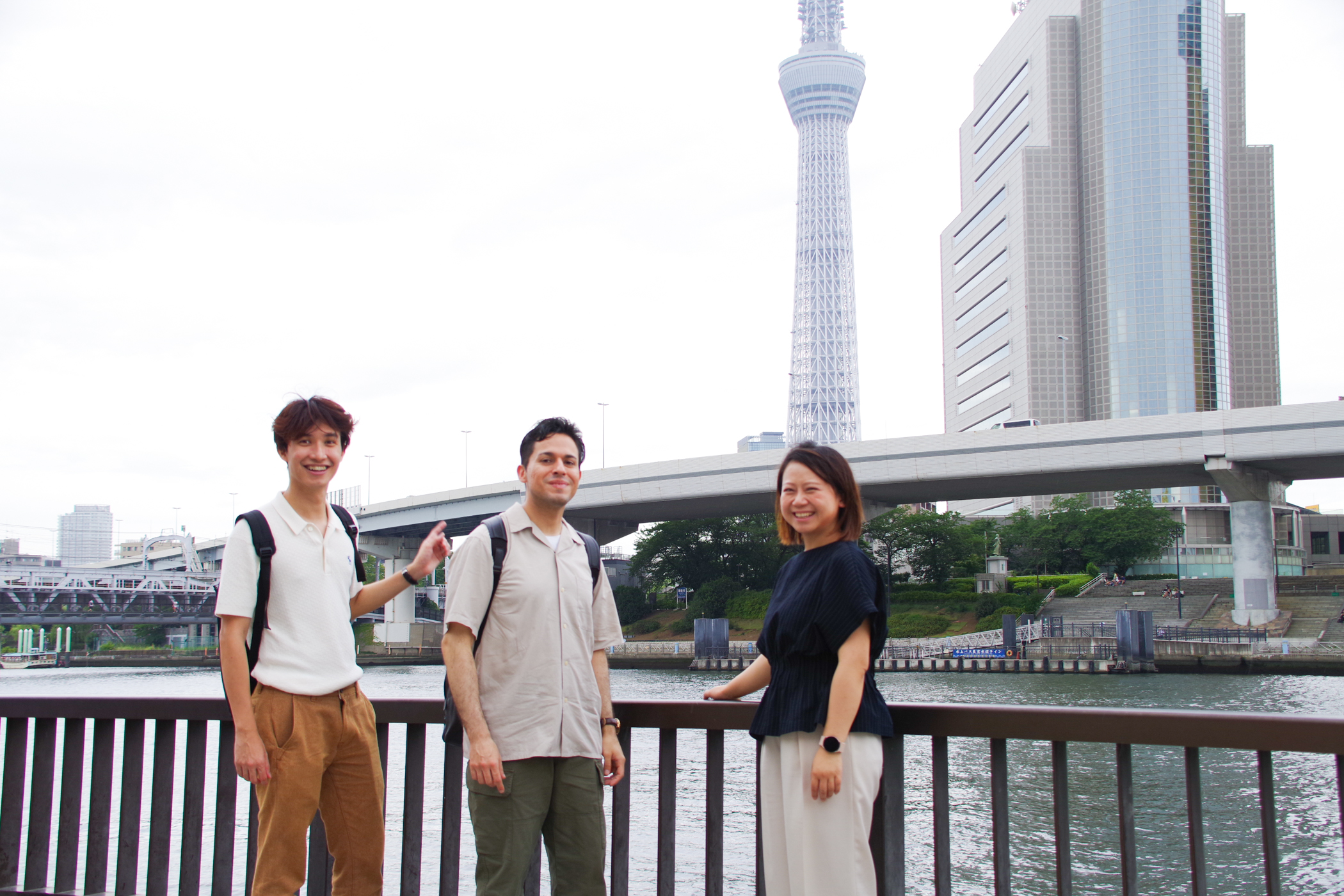
I was surprised at how many rules there are in Japanese business etiquette, and because there are so many, it makes me a little nervous. For example, I still get nervous when I give out my business card, wondering if I did it correctly.
It feels a little stiff until you get used to it, but if you do it enough times, it will naturally become fine.
My Indonesian friends tell me that they are giving out business cards less and less. They say that contact information is often exchanged by Whatsapp (communication app).
Since the purpose is to exchange contact information, these days you can quickly scan QR codes with a smartphone, so I think the business card culture is becoming less and less common overseas.
Overseas, you can talk to everyone in any position in a rough and friendly manner, but I think the reason why Japanese people exchange business cards is because they talk according to the other person's position. We have to speak in honorific or humble language in Japanese.
That's true.
Q. What Do You Think of the Welfare Benefits at Japanese Companies?
I think Japan has a good welfare system, but there is still room for improvement. There is a lack of policy that extends to companies regarding issues that are said to be a problem in society as a whole. While there are many employees who use shortened working hours for childcare or caregiving for the elderly, there are times when important work cannot be entrusted to employees with shortened working hours. I am sure there are reasons for this, but I think it could be improved a little more.
I also feel that many employees do not fully utilize the existing systems, perhaps because they are concerned about how they are viewed by their surroundings and society.
In Japan, there is a service that offers a discount on lodging as part of the benefits package, but the lodging service is useless if you don't stay there. In Indonesia, I think people would be more pleased to receive such support money in the form of bonuses or vacation time for childbirth or illness.
What did you think of the theme about the workplace? We heard some questions and surprises about things that Japanese people consider to be normal, as well as opinions about how things could be improved. In our next issue, we will talk about holidays.
--- Continued in the Following Issues
